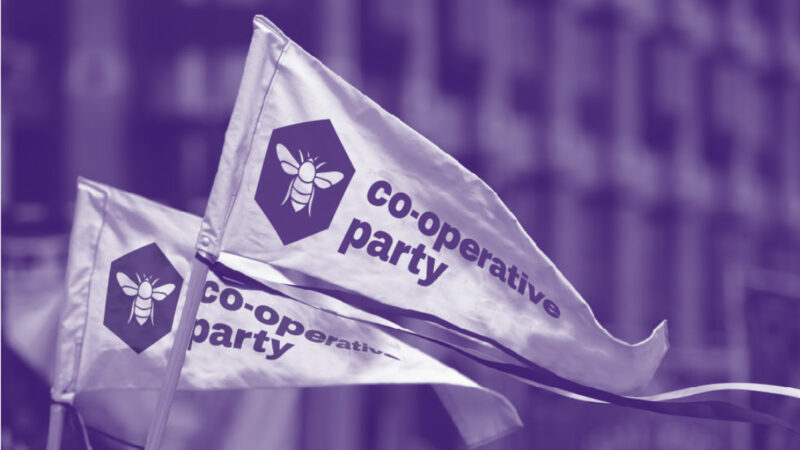
Coronavirus has hit many companies very hard, despite unprecedented financial support and loans to tide them through the peak of the crisis. Thousands of businesses face an existential threat – British Airways announced thousands of potential job losses following the collapse in global travel, while small firms have inundated banks with requests for new government-backed loans. One high street bank reported receiving 200 applications in just the first few minutes of the scheme going live, and another received 2,000 in the first two hours.
And it is quite right that the state should step up. Businesses are employers and providers of goods and services, and for our economy to recover after this crisis we will need them to be able to reopen their doors. But that’s not where the story finishes. Just as the state should be there to support the private sector when needed, the private sector owes it to taxpayers to play its part.
We should learn our lesson from the last financial crash. When banks received bailouts after the financial crisis, it saved our banking sector – but when those banks continued to pay large bonuses or lacked proper regard for the communities they serve, the public was understandably angry. We have been left with a banking system lacking in competition, absent from many high streets, slow to lend to small business and excluding entirely the 1.7 million who don’t have access to even the most basic financial products. Meanwhile, public stakes were sold off for bargain basement prices. Four years after the queues of customers withdrawing their savings from Northern Rock in 2007, the bank was sold to Virgin for just half the amount the UK taxpayer injected into the bank in the first place.
This time, we have a responsibility to rebuild our economy better. Among those asking for bailouts from the government are businesses for whom profit maximisation has long been a singular focus – to the detriment of the communities in which they operate. Many businesses, thanks to complicated accounting practices or tax haven headquarters, haven’t contributed their fair share.
At the Co-operative Party, we have long been concerned with paying a fair share of tax. We are the only political party to be accredited with the Fair Tax Mark, and support their work to campaign for fairer, more transparent taxation. We need a fit for purpose tax system to pay for the public services we rely on. The need for well-funded public services, from the NHS to social care, has never been clearer.
We are also clear on the importance of protecting jobs. Ideological purity should not come before people’s livelihoods, and employees shouldn’t be punished for the actions of their employers. But it is reasonable that those businesses in receipt of state support should be expected to change their ways and become better corporate citizens. When so many businesses are able to thrive while paying their fair share, it shouldn’t be too great a hurdle for all companies to do the same in the future.
We think that companies should be required to publish a binding tax policy that explicitly shuns tax avoidance and the artificial use of tax havens, as well as committing them to the declaration of profits in the place where their economic substance arrives – preventing profit shifting. To make this meaningful, it should be subject to an annual compliance audit and there should be a designated board director responsible.
We also believe that companies should embrace greater transparency. This means making the consolidated annual profit and loss report of the parent company public together with details of association corporation tax payments, beyond a “total tax” accounting charge. This should be accompanied by a tax reconciliation note, to give the company the opportunity to set out when and why there are any deviations from the headline rates you might expect them to pay. This should all be disclosed on a country-by-country basis so anyone can see where profits are made and where taxes are paid.
And we think it’s only right that businesses are upfront about who owns them. Anonymously-owned companies are one of the key tools used by money launderers and tax evaders to hide elicit gains – so clarity on the ultimate beneficial owners, as well as those with significant control, allows HMRC and law enforcement to make sure everyone pays their fair share.
These conditions aren’t about punishing individual companies – they should be about plugging the many holes in our tax rules. We need to build a fairer economy after coronavirus, and to do so we need a fairer taxation framework to match. These conditions should apply to all businesses and should form the basis of a new system where everyone pays their share.




More from LabourList
‘Tackling poverty should be the legacy of Keir Starmer’s government’
‘The High Court judgment brings more uncertainty for the trans community’
‘There are good and bad businesses. Labour needs to be able to explain the difference’